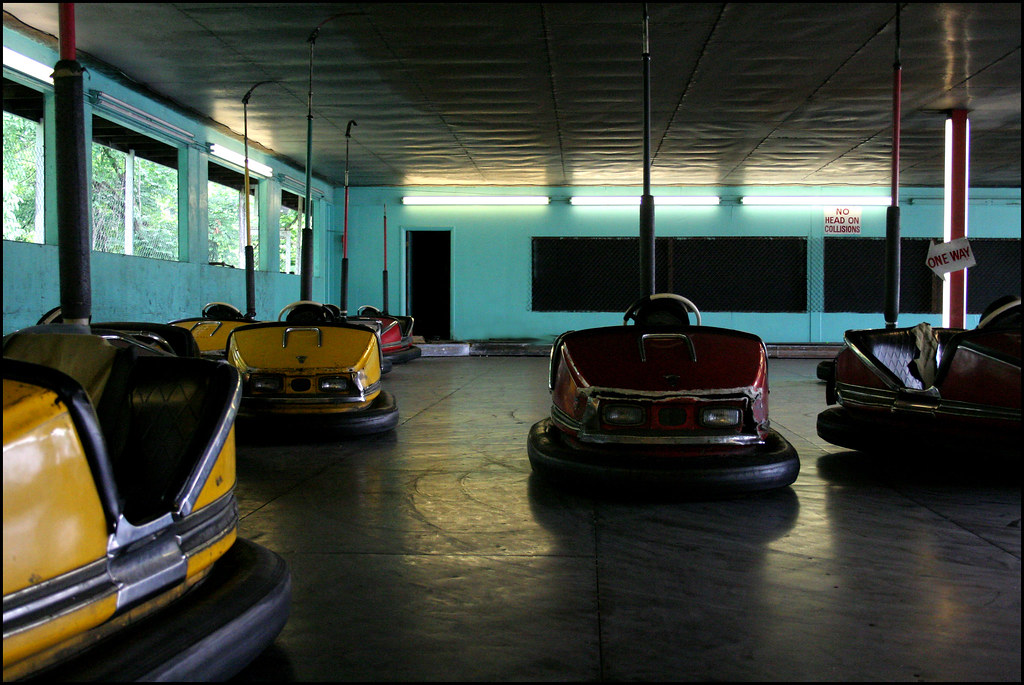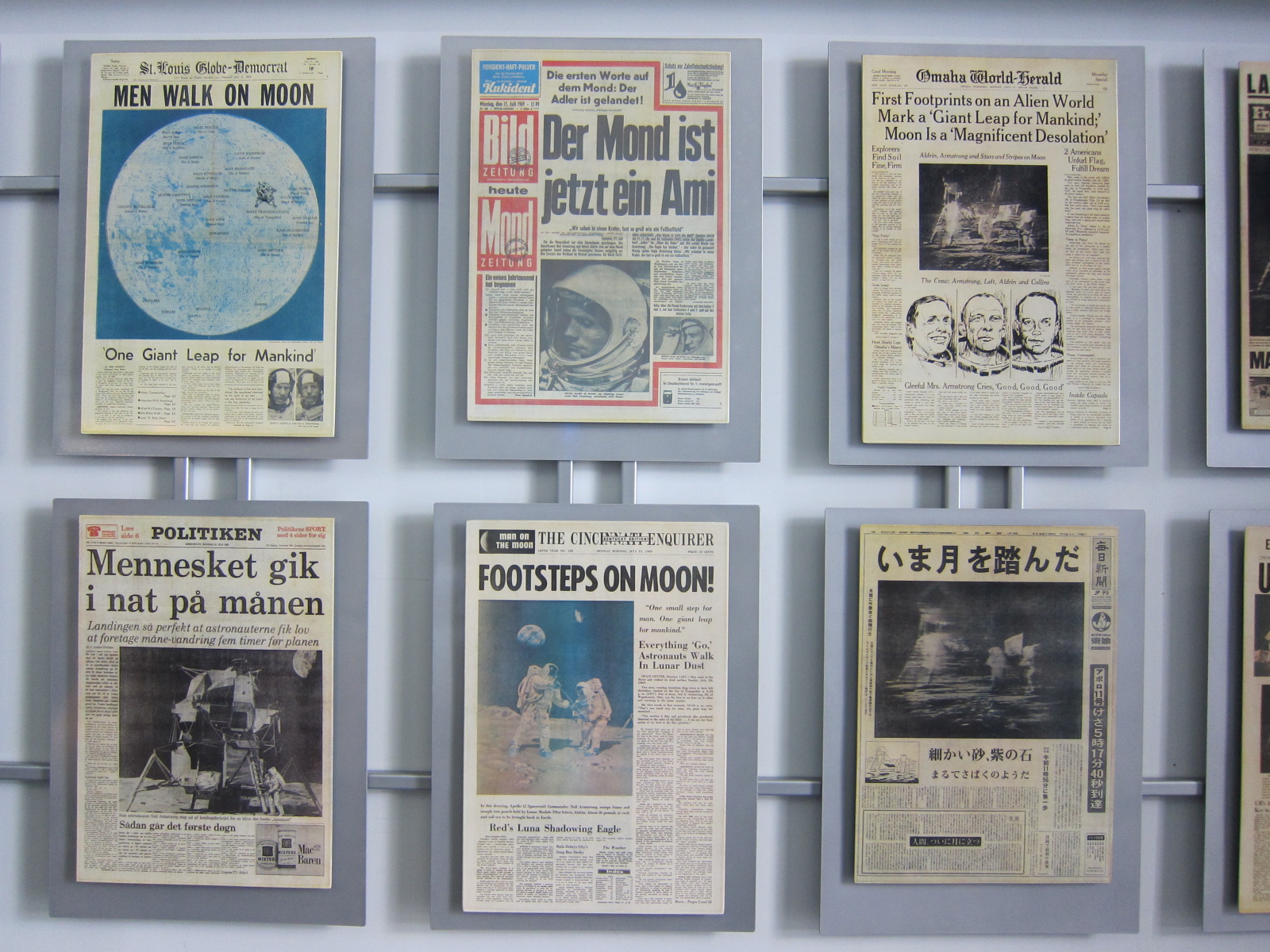(I live tweet Cosmos every Sunday. For all of my Cosmos recaps, please click here)
Episode 4 of Fox's Cosmos with Neil deGrasse Tyson focuses on the Herschel family of scientists, Einstein's theory of Relativity, and the speed of light as nature's fundamental constant.
Patrick Stewart voiced astronomer William Herschel, who was one of the main scientists in this episode. William, and his son John, contributed to our understanding of stars and the light that they give off. Light from distant objects takes a while to reach us on earth, so the light that we see is very old - we are effectively looking back in time. The light from stars that we see are probably already dead.
The only issue I had with this episode was that they didn't mention Caroline Herschel, who was an amazing astronomer in her own right. Otherwise, this was my favorite so far in the series.
To see the light in a different path, check out Common's hit single "The Light" from the Like Water for Chocolate album (2000).
For more, check out the Storify below!


